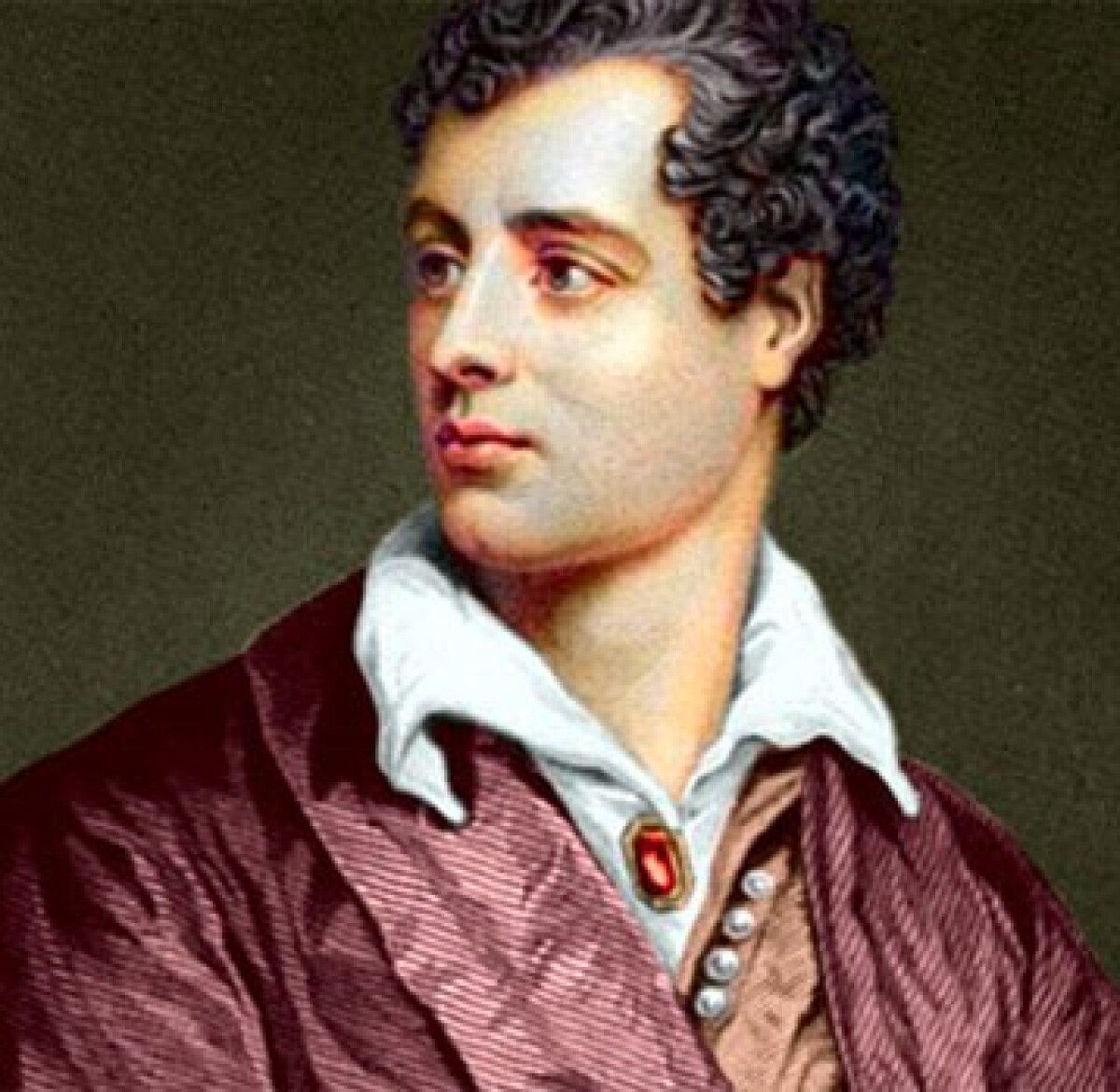Byron George Gordon
George Gordon (Lord Byron) - the son of Captain John Byron and Catherine Gordon - was born in London on January 22, 1788.
Born with a clubfoot, Byron was extremely sensitive about his birth defect. For the first ten years of his life, Byron lived in his mother’s lodgings in Aberdeen. Catherine Gordon was originally a rich woman whose fortune had been misspent by her husband. However in 1778, after the death of his great uncle, Byron inherited his property and the title of Baron Byron of Rochdale. Byron could now afford to obtain a good education for which he attended Dulwhich, Harrow School and Trinity College, Cambridge where he undertook huge debts and also stirred controversy with his love affairs.
In 1802, while in Newstead, it is believed he met his half-sister, Augusta Leigh with whom Byron was suspected of having a sexual relationship. Leigh also gave birth to an illegitimate child. Lord Byron was highly ostracized for this behavior.
Lord Byron’s first collection of poetry, Hours of Idleness did not receive good reviews after its publication in 1807. The poems were harshly criticized by Henry Brougham in the Edinburgh Review. Byron responded satirically to the criticism in 1809 with the publication of English Bards and Scotch Reviewers. Taking a seat in the House of Lords an year later, Lord Byron set out on a grand tour visiting the Ageaen, Spain, Albania, Malta and Greece.
In 1812, Byron published Childe Harold’s Pilgrimage, a poetic account of the tour which established him as one of the most important English poets. Byron became a favorite amongst the London society. A strong advocate of social reform, he spoke open-mindedly and without fear in the House of Lords. In 1811, Byron defended the actions of the Luddites and the following year spoke against the Frame Breaking Bill, by which the government intended to apply the death-penalty to Luddites.
Byron’s political activities cast a deep influence on his poetry which is evident in many of his works such as Song for the Luddites (1816) and The Landlords’ Interest (1823). Byron also attacked his political opponents such as the Duke of Wellington and Lord Castlereagh in Wellington: The Best of the Cut-Throats (1819) and the The Intellectual Eunuch Castlereagh (1818).
In London, Lord Byron was hugely scandalized for having an affair with Lady Caroline Lamb. In 1815, he married Anne Isabella Milbanke. However, the relationship ended one year later. Byron then moved to Venice where he met the Countess Teresa Guiccioli, who became his mistress. Here, Byron wrote the two cantos of Childe Harold and The Prisoner of Chillon. Byron then moved to Italy for two years and continued writing. In Italy, Byron produced Lament Of Tasso, Mazeppa and started Don Juan. He also became interested in drama and wrote many plays including The Two Foscari, Sardanapalaus, Cain and Heaven And Earth which was left unfinished.
On 19 April 1824, Lord Byron died after contracting a fever in Missolonghi. He was buried in the family vault at Hucknall Torkard, near Newstead Abbey in Nottinghamshire.
Share:









